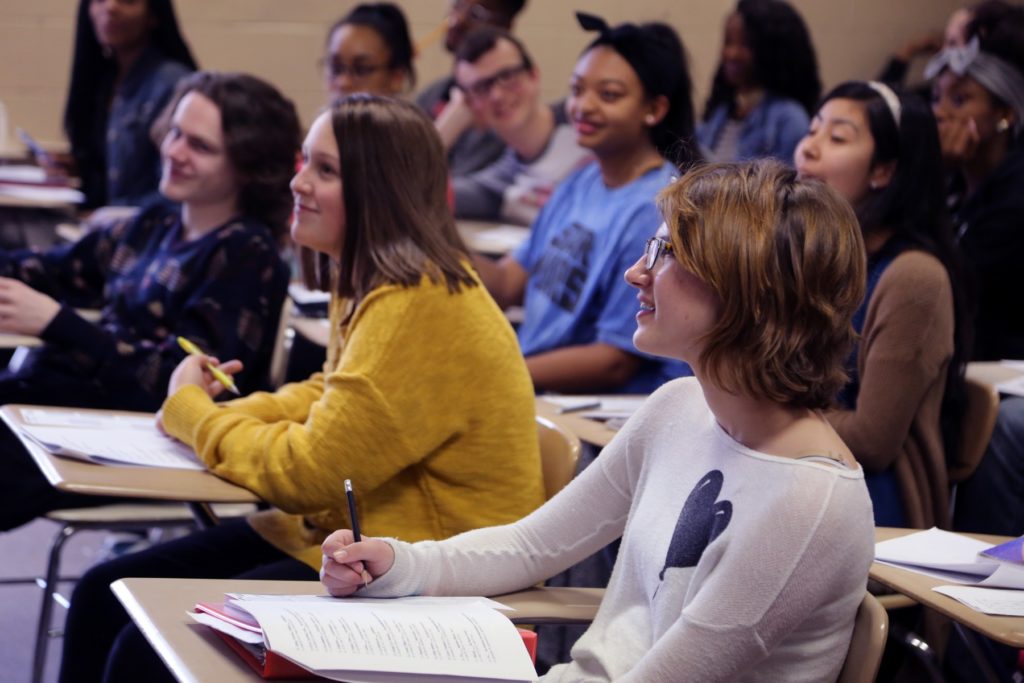
Early access to career and college-level learning is not evenly distributed across high schools in the United States. Now, a partnership between Vanderbilt University and Metro Nashville Public Schools is taking stock of what inequities exist locally, and how to close the gaps.
Advanced Placement classes and dual enrollment are some examples of early post-secondary opportunities, or EPSOs. Students can also get participate in career-oriented EPSOs by getting an industry certification. These learning opportunities can give students a practical head start on college by knocking out a few classes. And there’s also a psychological advantage, according to Vanderbilt researcher Sean Corcoran.
“Students who may have fears of college curriculum or concerns that maybe college is not for them, taking an EPSO course can provide them exposure and increase their confidence in that level of work,” he said.
Corcoran is part of the Nashville Partnership for Educational Equity Research. The collaboration between Vanderbilt and MNPS recently won a $650,000 grant from the William T. Grant Foundation. With it, the team will study EPSO accessibility and success in Metro schools.
Participation in these courses varies along racial and socioeconomic lines. And, based on an analysis from the Nashville Public Education Foundation, course offerings vary widely within the district. EPSOs are also an important factor in school accountability in Tennessee. The state uses participation in these courses to determine whether students are prepared for college and careers.
The research team will investigate the sources of disparities and how to address them, while meeting the needs of different school populations.
“One of my goals in this project is to ensure that we hear students voices and parents voices throughout this whole process.”
Corcoran said the team will develop an advisory panel that includes students and parents to help inform their research.
The investigation will begin by analyzing current EPSO offerings, participation and success in MNPS. Later on, researchers will form “co-design teams” at three Metro schools to test out strategies for increasing the number of students who take part in EPSOs and do well in them.

